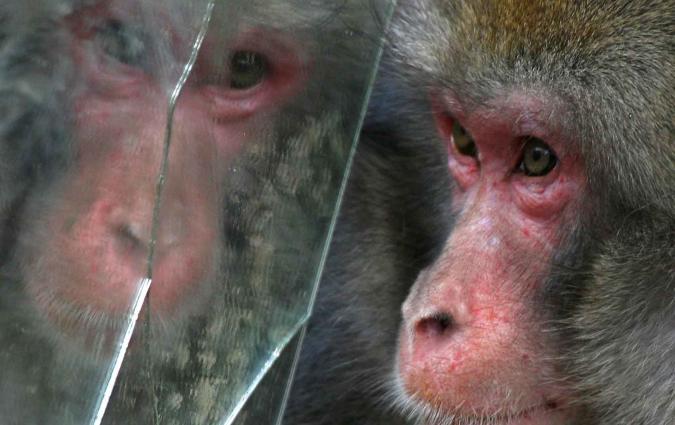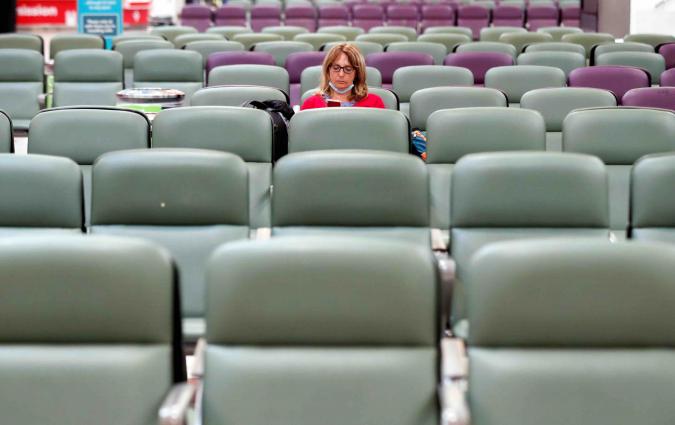Global Database Investigations: The role of the computer-assisted reporter

Reuters Institute Fellow's Paper
The recent example of the HSBC files, obtained by Le Monde and shared to more than fifty media outlets thanks to the International Consortium of Investigative Journalists (ICIJ), shows just how powerful collaboration can be.
SwissLeaks follows Wikileaks, the Snowden documents about the NSA and Offshore Leaks... All those recent global investigations have proved the importance of the analysis of large data bases in the process of getting a story, and the need for collaboration between journalists in different countries.
Alexandre Léchenet, a data journalist at Le Monde, has written a research paper, ‘Global Database Investigations: The role of the computer-assisted reporter’, which looks back at three recent cross-border investigations to see what make them successful and what was the role of computer-assisted reporters. The investigation on farm subsidies was done by several journalists across Europe, using local laws on Freedom of Information for accessing public information. They investigated the beneficiaries of the EU's Common Agricultural Policy and built a website to share the data.
A database was maintained and it was the beginning of a peer-to-peer network. The Offshore Leaks initiative, led by ICIJ which organized the SwissLeaks, proved that publishing everything at the same time in different media and countries helped to make a wave of interest and give a big impact to an investigation. A hundred journalists worked in secret on 2.5 million data files, with a team of fifteen people working on the data. The third investigation, The Migrants Files, proved that when a database doesn't exist, it can be built. Looking at all the migrants who have died on their way to Europe, the team of data-savvy journalists used open-source intelligence to analyse the routes where most had died.
The data-journalist in this kind of investigation has various roles: to analyse the data, make it accessible to the other journalists and help manage the project, as they are often the ones to make sense of the data. As Alexandre says, ‘the future will see more collaboration between journalists in different countries, even though it will become more difficult as media outlets become more concentrated. And surely, it will revolve around databases.’
As with all Fellows’ research papers, any opinions expressed are those of the author and not of the Institute.
Image: Nick Youngson CC BY-SA 3.0 Alpha Stock Images






